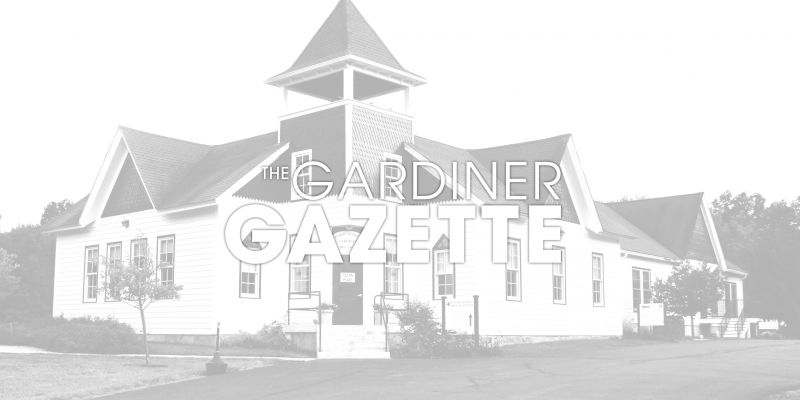
Lately, bees have been having a worse time than stockbrokers. As Hemingway said about going broke, it happened two ways: little by little, and then all at once. A gradual decline in wild bees—from pesticides and loss of habitat—accelerated dra-matically in recent years due to successive waves of foreign bee parasites and bacteria. Experts estimate that up to 90% of wild bees in the eastern U.S. have fallen prey to Colony Collapse Syndrome, a troubling and still poorly understood condition in which adult bees die or abandon the hives. Dozens of commercial apiaries have lost their entire bee populations at a time when they are also battling competition from bulk sales of foreign honey.
Bees are vital pollinators and an unseen link in the health of our ecosystem. The decline of bees means eating local honey, and maybe keeping some backyard bees, could be one of the healthiest things a family can do for the planet.
Enter the local beekeeper. As wild bees and large operations suffer, smaller apiaries—one of the few places where healthy hives survive for now—have become a haven and could be an important resource in repopulating bees. Organic beekeeping, like organic farming, is having a resurgence. It includes smaller artisanal operations that de-emphasize chemicals and try to work with the natural order of the hive, unlike many large commercial operations which manipulate the natural hive order to increase and stabilize population and increase honey production (killing and replacing queens regularly to prevent swarming, for instance). The rewards of keeping a pair of backyard beehives include increased food production from your own garden and fruit trees, delicious honey for your family and friends, and an intimate glimpse into the ancient, orderly world of the hive. Some people with strong allergies have found eating local honey can have a side benefit of reducing hay fever symptoms by exposing their bodies to local pollen without triggering histamine production
Gardiner is fortunate to still have local honey, local beekeepers, and lots of local beginners (like me). Widmark Farms, a local honey landmark for generations, sells creamed honey, honeycomb, bee’s wax, and several delicious honey flavors at local stands and at the HiHo Market, as well as online at www.widmarkfarms.com. Myron Rowe of Rowe Apiaries in Kingston (331-4058), a commercial pollination service decades old, sells equipment and starter bees for home beekeeping. New Paltz beekeepers Chris Harp and his wife Grai Rice operate HoneyBeeLives, an organic beekeeping and education business (honeybeelives@yahoo.com) that teaches beginner and advanced beekeeping classes and provides bee doctor services for beekeepers with ailing hives. Their webpage, honeybeelives.org has a wealth of information on practical, naturalist home beekeeping, and insight into the appeal and rewards of keeping bees.
So, help the planet. If you have a sheltered location—close to some water, near fields, crops or woodlands—follow the advice of Chris Harp at HoneyBeeLives. Take beekeeping classes this winter, and be sure to order your first bees in January, for delivery in early spring.
